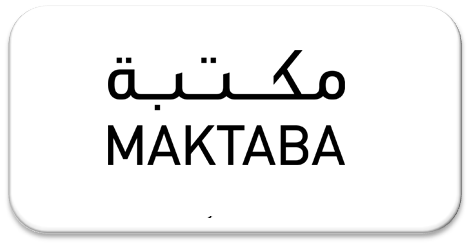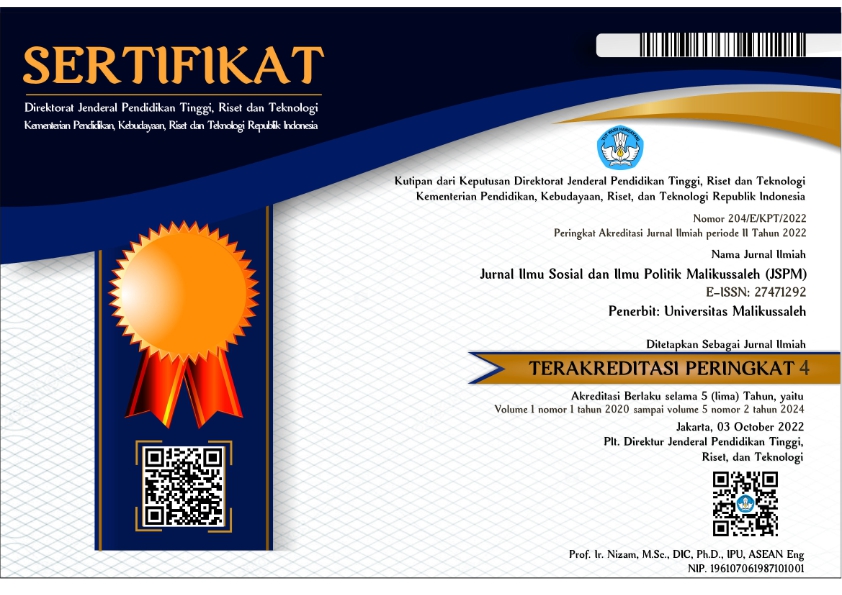KOTAK KOSONG SEBAGAI PEMENANG: PERSPEKTIF SIYASAH DUSTURIYAH DALAM PEMILIHAN KEPALA DAERAH DI INDONESIA
Abstract
The single candidate phenomenon often arises as a result of various factors, including the political system, election regulations, and the dominance of certain political forces. This raises concerns about the sustainability of a healthy democracy, because it reduces alternative choices for society. The research is normative research that uses a legislative and conceptual approach to review positive Indonesian law as well as the principles of Islamic law. Data was analyzed by data reduction, data presentation and drawing conclusions. The research results show that this phenomenon demands reformulation of election regulations to strengthen the quality of democracy and provide protection for people's political rights. In siyasah dusturiyah a single candidate can be considered to violate the spirit of shura because it reduces the community's right to choose from various alternative leaders. The principle of deliberation is the basis for leadership legitimacy. An empty box victory can be understood as a form of collective deliberation that rejects (public protest) the legitimacy of a single candidate. This shows that the public has not found a candidate who is considered worthy of leading. In the context of modern democracy, the empty box can be seen as a mechanism for channeling public dissatisfaction towards a single candidate. This is in line with the principle of amar ma'ruf nahi munkar which teaches people to reject injustice in the government system. From a siyasah dusturiyah perspective, efforts are needed to ensure leadership that is fair, transparent, and in accordance with the principles of shura (deliberation) in order to realize social justice in Indonesia's democratic system.
Keywords
Full Text:
PDFReferences
Abdullah. (2024). Calon Tunggal Dalam Politik Kotak Kosong Dan Kekuasaan Partai Pada Pilkada. Jurnal Kolaboratif Sains, 7(8), 2992–3005. https://doi.org/10.56338/jks.v7i8.5945
Aspinall, E., & Sukmajati, M. (2016). Electoral Dynamics in Indonesia: Money Politics, Patronage and Clientelism at the Grassroots. Contemporary Southeast Asia, 38(2), 321–323. https://doi.org/10.1355/cs38-2j
Baderan, S. (2014). Pola Transisi Demokrasi Yang Terjadi Di Indonesia Dan Brazil. Pola Transisi Demokrasi Yang Terjadi Di Indonesia Dan Brazil, 11, 100–108.
Fikriana, A., & Rezki, M. K. (2023). Etika Politik Dan Kualifikasi Calon Legislatif Dalam Pemilu: Perspektif Fiqih Siyasah. ALADALAH: Jurnal Politik, Sosial, Hukum Dan Humaniora, 2(1), 235–248. https://doi.org/10.59246/aladalah.v2i1.657
Firdausiyah, J., & Sofa, A. R. (2025). Relevansi Al-Qur ’ an dan Hadits Dalam Pembentukan Nilai Sosial , Etika Politik , dan Pengambilan Keputusan di Era Kontemporer : Kajian Program Magister Pendidikan Agama Islam , Pascasarjana Universitas Islam Zainul Hasan Etika Politik , dan Pengambilan K. Jurnal Budi Pekerti Agama Islam.
Hadiz, V. R. (2010). Localising Power in Post-Authoritarian Indonesia: A Southeast Asia Perspective. Stanford University Press.
Harefa, D., & Hulu, F. (2020). Demokrasi Pancasila di era kemajemukan. Pm Publisher. Hal. 3. Embrio Publisher.
Irawan, H., Irawan, S. W., & Ravika, R. (2024). Pilihan Tanpa Kandidat : Mengupas Fenomena Kotak Kosong Pilkada 2024 Lampung. 04(2), 194–214. https://doi.org/10.32332/siyasah.v4i1
Mashuri. (2014). Partisipasi Masyarakat Sebagai Upaya Pembangunan Demokrasi. Menara Riau, 13(2), 178–186. https://ejournal.uin-suska.ac.id/index.php/Menara/article/view/850/810
MD, M. (2017). Politik Hukum di Indonesia. Rajawali Pers.
Moonti, R. M. (2019). Kemenangan Kotak Kosong (Koko) Dalam Pemilihan Kepala Daerah. Prosiding Seminar Nasional, 53(9), 1689–1699.
Mulyadi, D., Claudia, C., Ratu, N., & Januwati, P. (2024). Fenomena kotak kosong dalam pilkada tahun 2024. https://doi.org/10.55551/jip.v5i2.185
Riyanto, A. (2019). Fenomena Pasangan Calon Tunggal Pada Pilkada Serentak Di Jawa Tengah. Spektrum, 18(2), 9–25.
Thalhah, H. (2009). Teori Demokrasi dalam. Jurnal Hukum, 16(3), 413–422. https://media.neliti.com/media/publications/85218-none-7550fab4.pdf
Wijaya, A. (2014). Demokrasi dalam Sejarah Ketatanegaraan Republik Indonesia. Al-Daulah: Jurnal Hukum Dan Perundangan Islam, 4(01), 136–158. https://doi.org/10.15642/ad.2014.4.01.136-158
DOI: https://doi.org/10.29103/jspm.v6i1.19945
 Article Metrics
Article Metrics
 Abstract Views : 56 times
Abstract Views : 56 times
Refbacks
- There are currently no refbacks.
Copyright (c) 2025 Dara Amalia

This work is licensed under a Creative Commons Attribution-ShareAlike 4.0 International License.
INDEXED BY:




.png)









Redaksi Jurnal Ilmu Sosial dan Ilmu Politik Malikussaleh (JSPM): Gedung Fakultas Ilmu Sosial dan Ilmu Politik Universitas Malikussaleh. Kampus Bukit Indah Jln. Sumatera No.8, Kec. Muara Satu Kota Lhokseumawe, Prov. Aceh, Indonesia. eMail: jspm@unimal.ac.id

This work is licensed under a Creative Commons Attribution-NonCommercial-ShareAlike 4.0 International License



.png)



